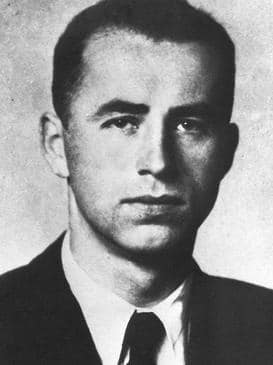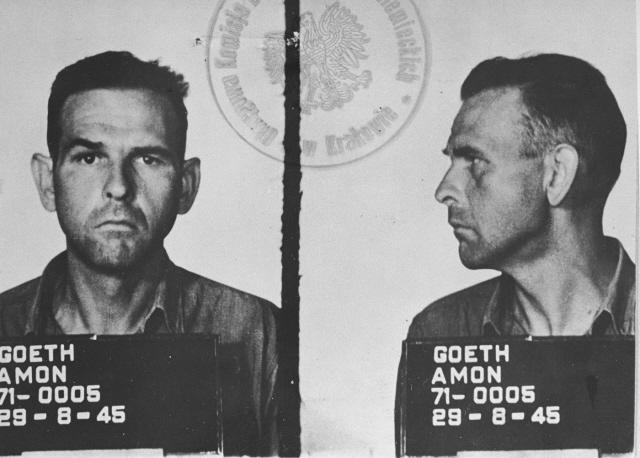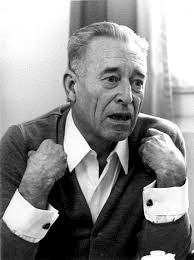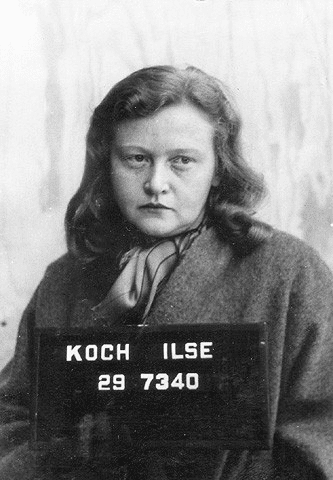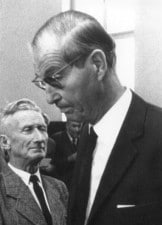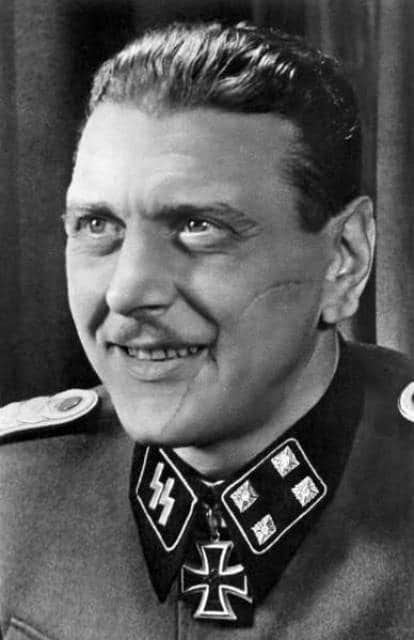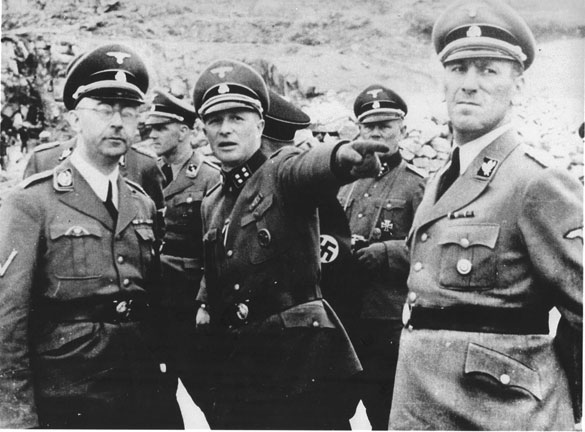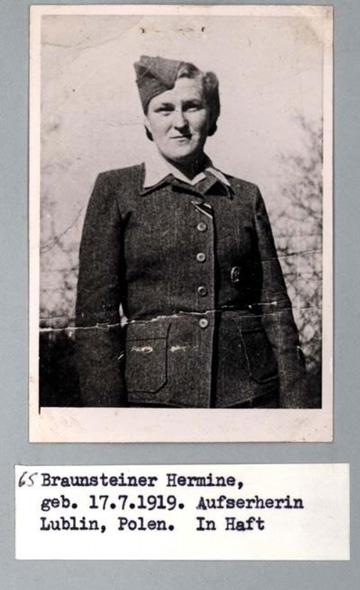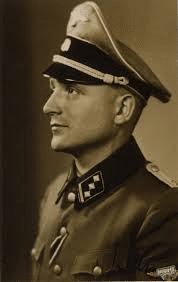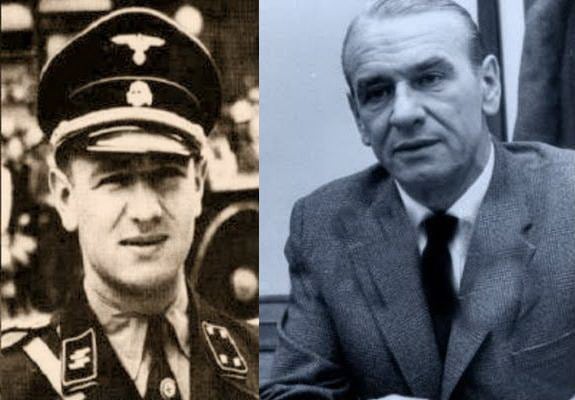Alois Brunner
Alois Brunner, born 8 April 1912 in Nádkút, Vas, Austria-Hungary, SS-Hauptsturmführer in the Gestapo, commander of the Drancy internment camp, oversaw deportations of tens of thousands of Jews from France, Austria, Salonika and Slovakia to extermination camps, assistant to Adolf Eichmann, fled to Syria after the war to avoid prosecution, known in Syria as Dr. Georg Fischer, condemned to death in abstentia in France in 1954, object of many manhunts and investigations over the years by different groups, serious injured several times by Israeli Mossad letter bombs, interviewed by Bunte magazine in 1985, lived in an apartment building on 7 Rue Haddad in Damascus, probably died in Syria in 2010 and buried somewhere in Damascus, said in an interview in 1987:
“I first heard about gas chambers after the end of the war.”
